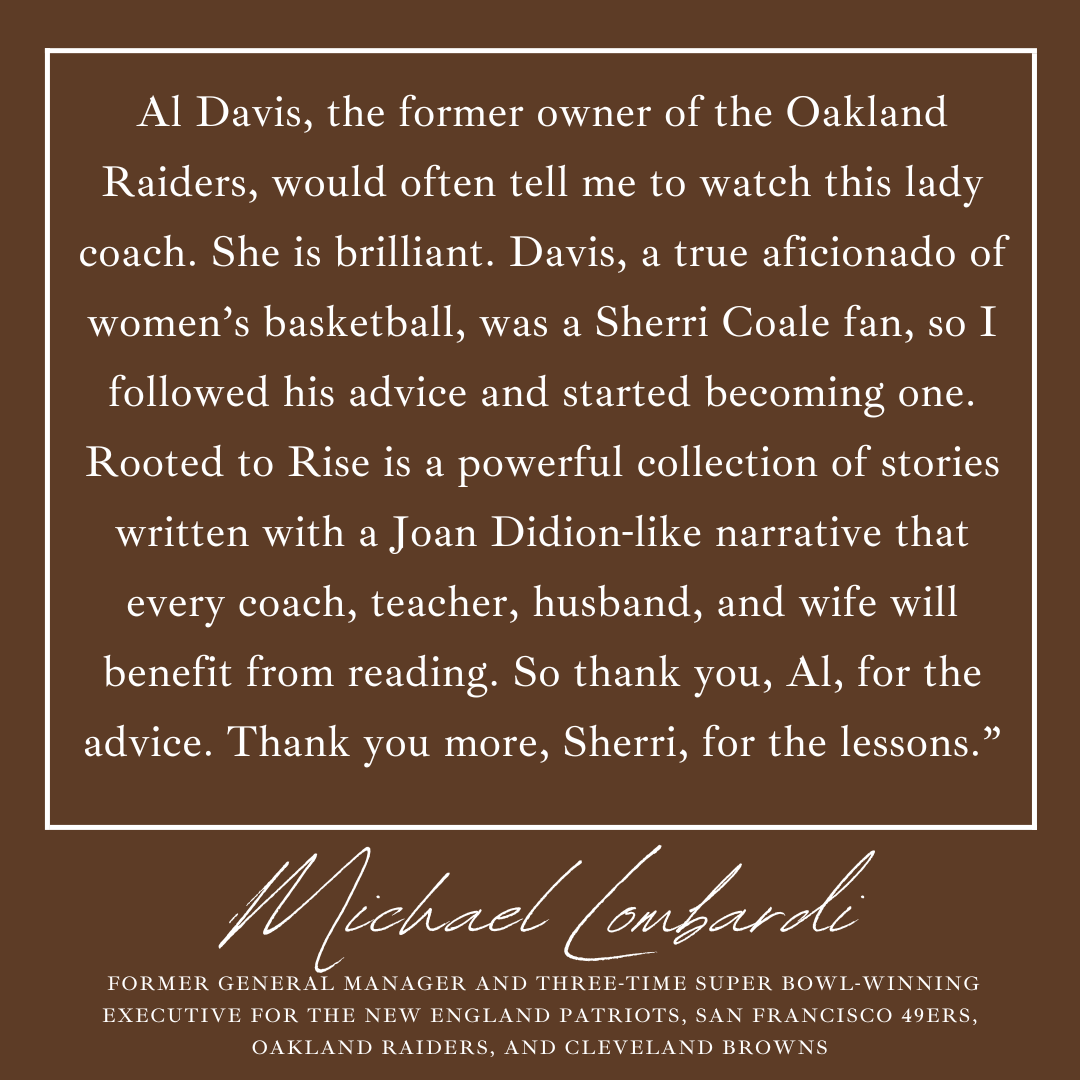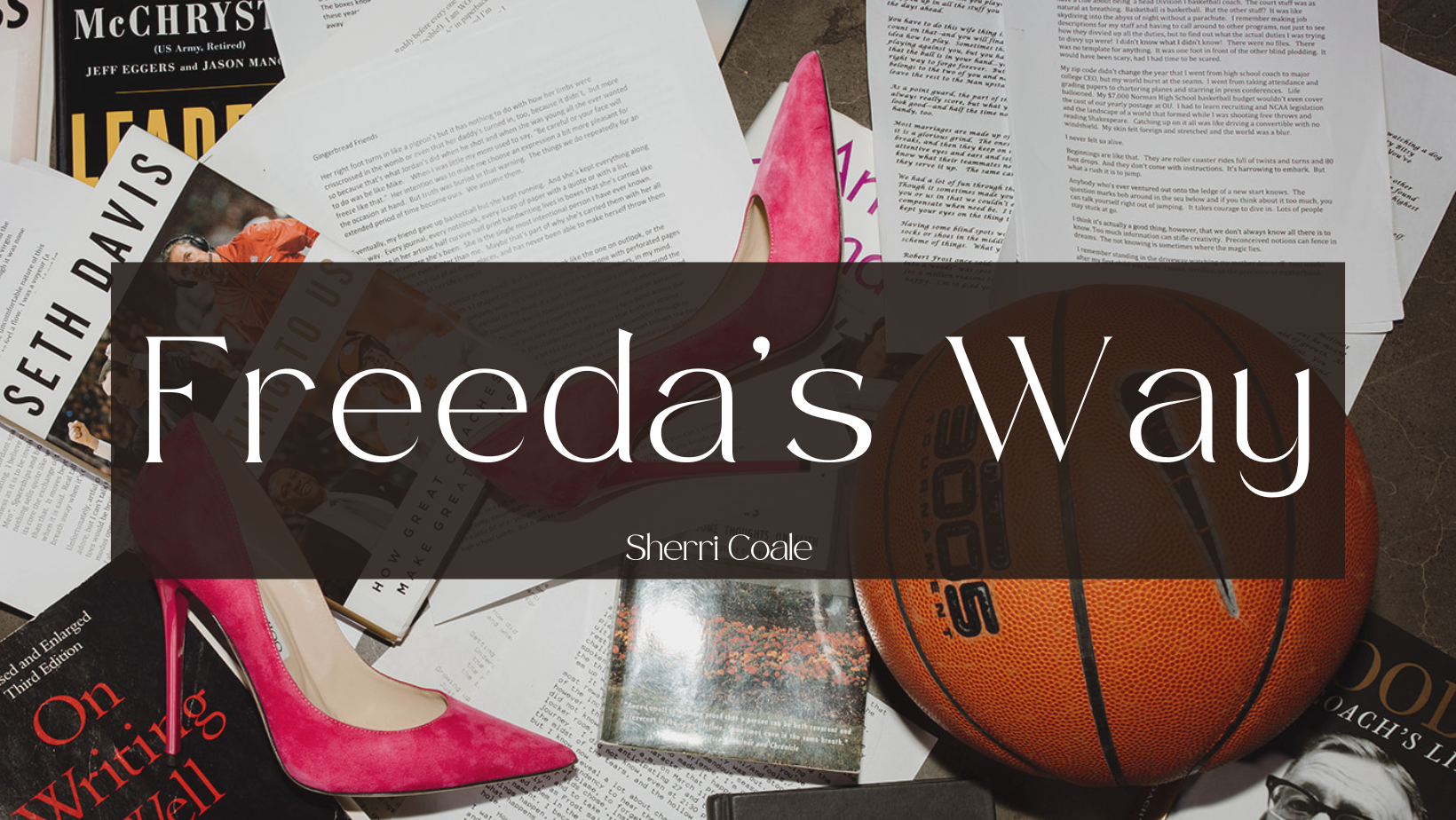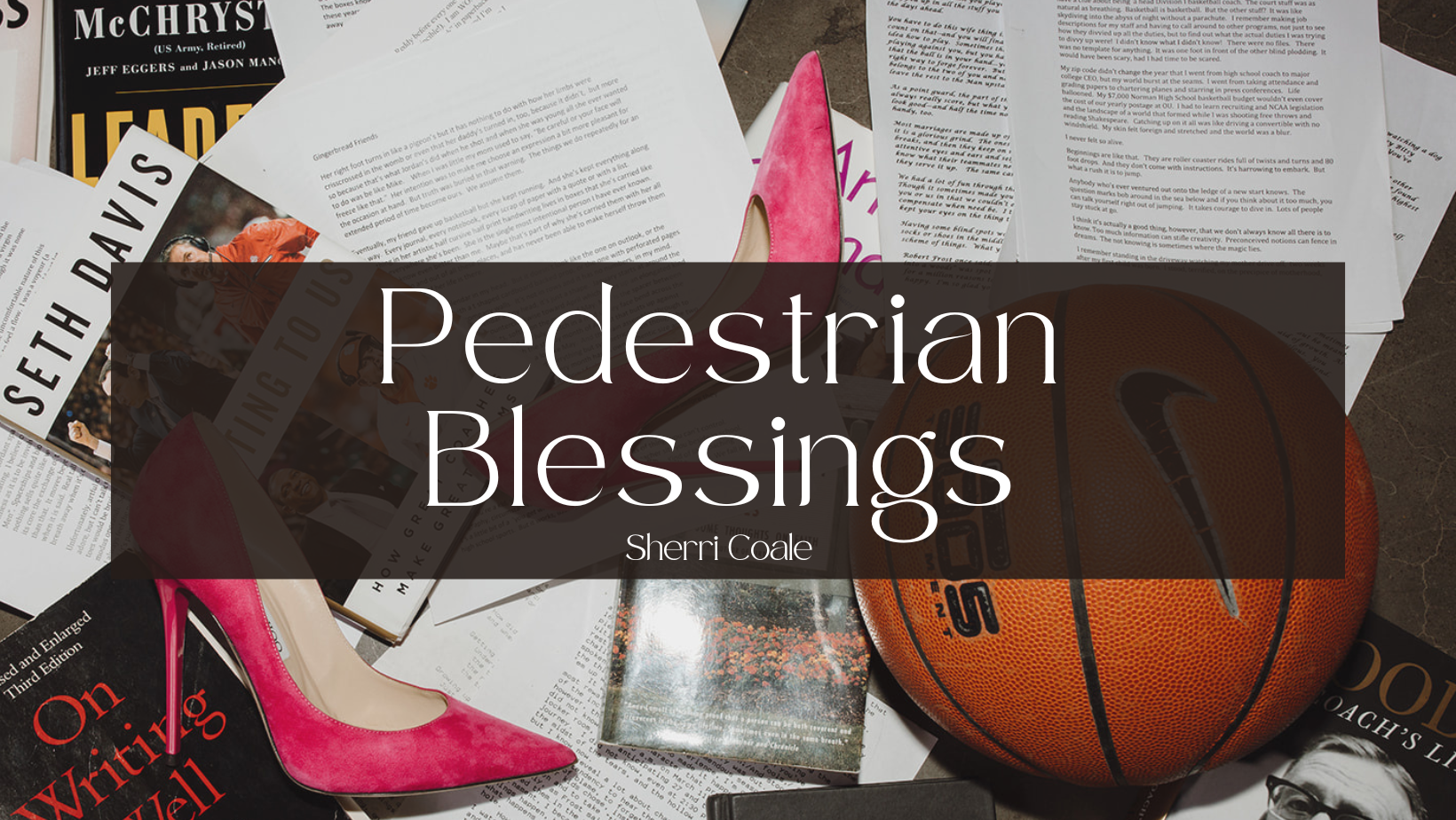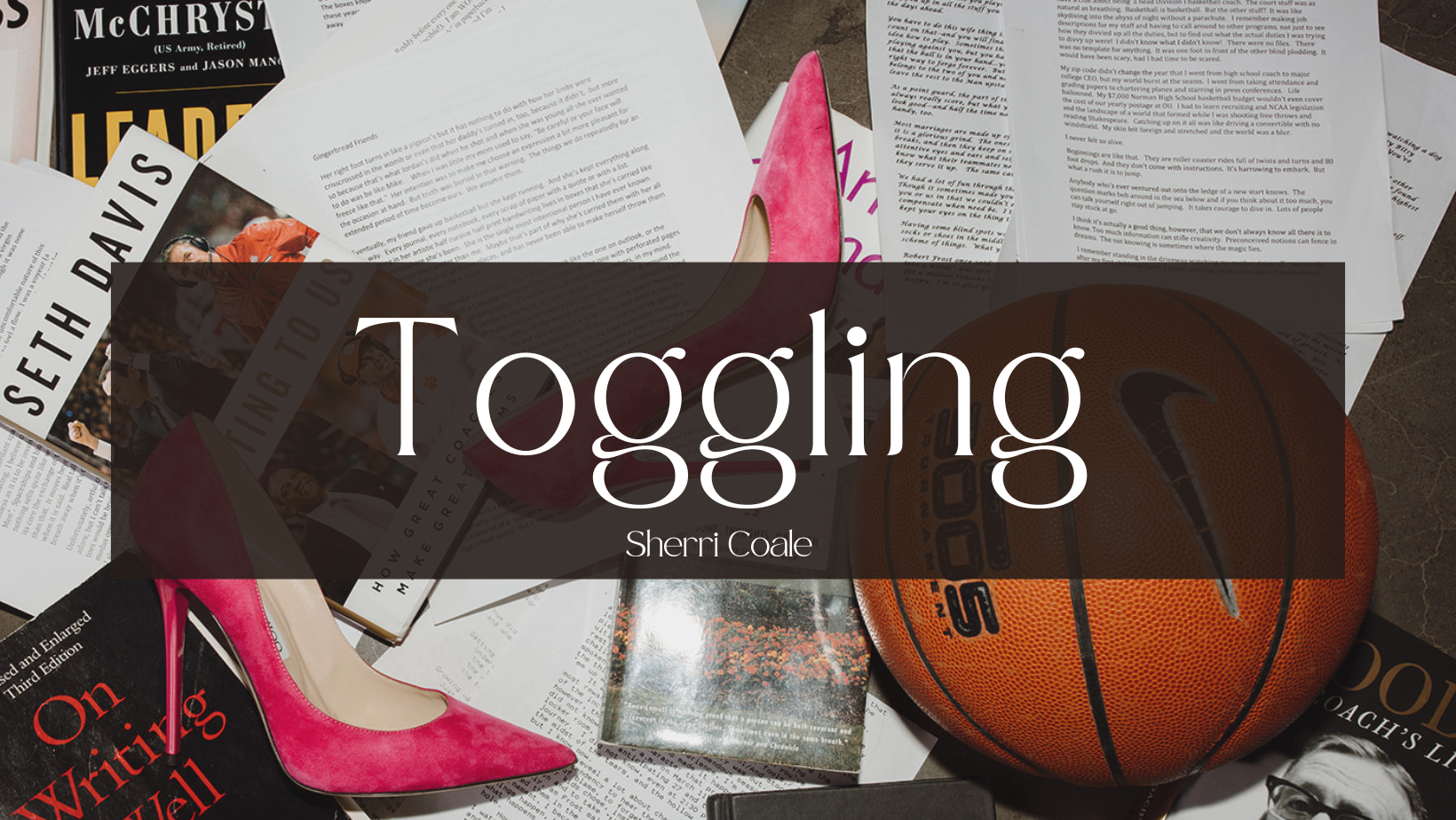
I have all kinds of books in my head, but this one had to come first. It starts at the beginning, quite literally. The place where all our stories start--with our families and the people and places that imprint us like fossils.
Rooted to Rise is a collection of essays about people—some have achieved extraordinary worldly success, and some have led what society might label “ordinary lives.” But the stories are far less about what my people have done and far more about who they are, or were, or always will be through the impact they had on those around them.
It’s a book about how the intersections of our lives make us who we are.
The people I write about in Rooted to Rise are my people. But everybody has some. I hope you recognize and remember yours through the stories of mine.
Check out my blog and feel free to sign up to read a new short story every week.
“Clear the court and let’s play points!” instructs my hitting coach. We always start with FBI. Not the bureau, but the “first ball in” -- a way to get free reps of the serve before scorekeeping begins.
I stuff one used yellow ball under the leg of my Lycra shorts and bounce another with my left hand.
As a girl who loves the grind of a drill, I do not dread the first half of our practice. “Three deep cross-court forehands then one winner down the line” is the manifestation of Churchill’s “man who grins when he fights” for me. The over and over and over again seduces and sedates. I’m happiest when straining to build necessary ruts.
But the last half of practice, playing points, is my favorite part.
She was a wife, a mother, a grandmother, a sister, a daughter, a friend.
A teacher for decades.
A lifelong warrior for the not-quite-yets, Freeda Richardson’s classroom was a haven. Students found their way there for the jar of peanut butter and the box of saltine crackers she put on the table every day at lunch (a practice that gave those with no set place to go a place to be.) But they came for a hundred other reasons, too. Like mostly how she made them feel. Teenagers wandered in and hung out. Word got around: Mrs. Richardson was kind.
During the most chaotic spans of my life, I’ve kept a gratitude journal. When my kids were little and I was building a college basketball program, I kept one religiously. It was my calibrator. Daily, it seemed, an avalanche of things that either came out of left field or simply did not go as planned would pile into the sanctuary of my mind. When I closed my eyes at night, my brain would re-count them as if at confession. While tons of good stuff obviously happened, too, it didn’t naturally land in pews of prominence. So I had to put it there.
Sara Ban Breathnach’s Simple Abundance Gratitude Journal was my prompt.
Hiking presents a conundrum for me. I can never decide what to do with my eyes. If I look up and around at the grandeur—which is, in fact, why I love to tromp around in nature in the first place—I am bound to trip or roll an ankle or end up three-feet deep in mud. But if I look down to ensure I’m putting my foot where I need to put it, I miss what I came to see. So I look up and out, then down. Up and out, then down. Up and out, then down. Constantly wondering if I should be doing the other while I’m doing the one.
I never get it right.
The white clapboard house with two front doors had an OPEN sign taped in the window. Our phone’s GPS had directed us via the walker’s route to the vintage Vermont structure masquerading as a UPS shipping center about 2.9 miles west on Main Street, just past the Dandy Doggie Groomer and across the street from the furniture mart. Walking parallel to the river alongside the busy road, we made the picturesque trek, motoring briskly--both to get there on a Saturday before it closed at 2:00 pm and to keep step with the anxiety that had ballooned around the misplaced package of medical supplies my friend and travel buddy had to have.
Crossing the natural spillway where the lower lake pauses before reaching the brink of its fall (a decision I made to avoid an additional forty-five minutes of hiking in the freezing mist that had moved in), I carefully plotted my route, rock by rock in real time. The first few steps felt daring, like an adventurous Twister game without the plastic mat of brightly colored dots. I was a kid again, riding my bike along the top of a three-foot tall by one-foot-wide concrete barrier wall that surrounded my elementary school. Fear of falling wasn’t a factor. I was footloose and fancy free.
Testing half-submerged rocks for stability, I moved steadily though not quickly across the top of the icy water.
I chose landing pads, locked in on targets, solved problems before they became them. I tightened my core and deepened my breath. I was a ninja defying frigid peril, measured step by measured step by measured step.
Then I looked up to check my progress and panic swallowed me like the whale that devoured Jonah.
Suddenly, I knew not what to do.
In the HBO limited series, “Task,” an intense tale of cops (in the form of a small special ops FBI team) and robbers (in the form of a drug trafficking motorcycle gang), Mark Ruffalo plays Tom Brandis, a last-leg federal agent who is running in place inside of himself. When we meet him, Brandis is working a recruiting desk for the FBI at a career fair while waiting for the sentencing of his adopted mentally ill son who is in prison for killing his mother, Brandis’ wife.
The weight of love that looks and feels like anything and everything but is pulling him under.
Some of the most necessary ingredients for a thriving society seem to be a bit scarce right now. Cantankerous human knots are everywhere we look . . .it’s hard sometimes to imagine a way to unravel it all. No matter the complexity of the problem (or the problem(s)), however, kindness never hurts.
The following is an excerpt from my book The Compost File released earlier this year.











